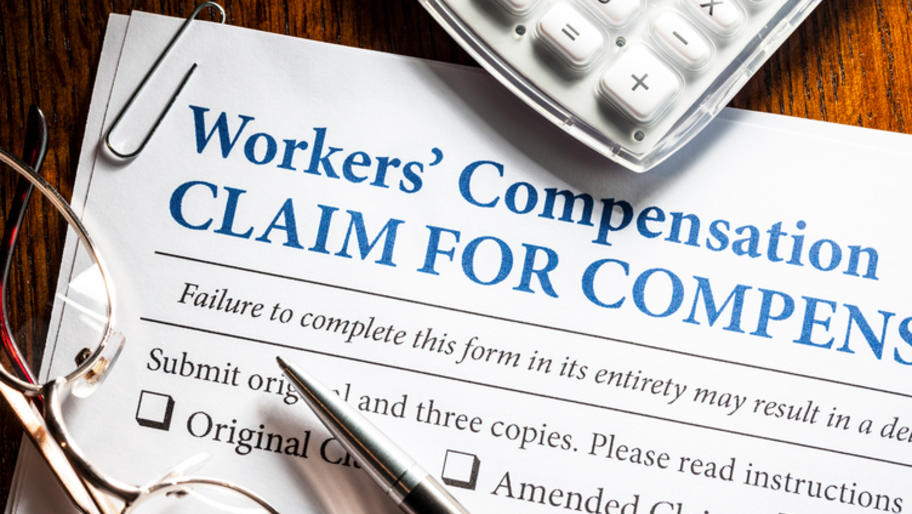Many injured workers go through a treatment and rehabilitation period and attempt returning to work just to get injured again, as not all workers’ compensation injury claims result in the worker not being able to work any longer. However, those who have been paid a lump sum settlement and have signed a full medical release in exchange may have difficulty restarting a claim if the particular injury worsens later. This is the primary purpose for the insurance company when they want to pay a claim in full with a lump sum. The signature will be used as a claim defense in this case.
For those who were allowed workers’ compensation for a workplace injury and aggravate the injury after returning or are injured again, there is a possibility that the claim can be reopened or a new claim established if there was no settlement previously.
What happens if my condition gets worse after I settle my workers compensation case?
The problem that most injured workers who have signed off on a settlement will have is the workers’ compensation insurance company claiming it is a closed issued. The settlement will more than likely make this clear. The settlement is effectively a contract between the injured party and the insurer that no further medical responsibility will be claimed.
The wording of the settlement controls the situation, and especially if there is a direct clause indicating as such. However, the injury could also constitute opening a new claim if the recurring injury happened on the job and falls under scope of the workers’ compensation insurance law. Employers take this risk when they allow an employee to return to work after an injury case has been settled or if the injured worker returns to work with no signed settlement.
This is very common in most cases, and it can leave the door open for a reopening of the claim if the injury worsens.
How and when to reopen a workers’ compensation case?

This largely depends on the position of the employer and laws within the state of occurrence. It is important to remember that the injury claim is against the employer and not the insurance company. The insurance company is only liable for covering the liabilities of the employer, and they can make decisions independently of each other.
If state law allows a reopening of the claim, then this could be possible. Reopening the claim will also require medical evidence that the injury has been aggravated or has worsened to the extent that the claimant can no longer perform their specific job duties.
Employers may not want to return an injured worker to the workers’ compensation program as well, which could then mean retaining legal counsel and filing a case against the employer with the state workers’ compensation board before any workers’ compensation claim can be reopened or claimed as a new injury.
The administrative law judges will then make the decision on reestablishing an old claim or beginning a new one.
Filing litigation
There could also be situations where an injured worker is in standing for a personal injury lawsuit against the employer in addition to a workers’ compensation claim availability. The same is true for a workers’ compensation insurance company that is exhibiting bad faith in negotiating or failing to pay a valid claim.
The typical workers’ compensation work injury case is handled through the company department for human resources. Additionally, when all elements of the process are filed within the scope of the law and the plan, employers are not liable for any long-term general damages that develop due to the injury. This is the trade off exemption for establishing the workers’ compensation law through Congress and state legislatures.
Case details control standing
The material case facts matter significantly in any injury case. Those who are injured in centralized locations are obviously at work when the injury occurs, but many injured employees work in remote locations and are often unsupervised.
This can create a problem for those injured while on duty, as an employer can claim the injury is not work related. When there is clear evidence that the employer is violating workplace rules and regulations as established by the state Occupational Safety and Health Administration or there is evidence of negligence on the part of the employer, the injured worker can then file a standard personal injury claim in a state court outside of the workers’ compensation judicial system.
Suing the employer
There are many employers who will fight a workers’ compensation claim strongly even when they know they are liable. Actually, it is those who are liable who may want to fight it the strongest. When employers and their workers’ compensation insurance companies are contesting reopening a claim, then it is vital to have aggressive and comprehensive legal representation handling the claim.
This applies even when the employer was responsive when an injury initially occurred. An experienced and aggressive workers’ comp attorney can investigate the injury thoroughly, including uncovering any evidence that the employer has demonstrated contempt for employee safety such as making them work in unsafe or unreasonable conditions, and use all details in crafting a solid case against the employer.
And, there could be issues with the workers’ comp insurance company as well.
Suing the insurance provider
Insurance companies can practice bad faith as a matter of policy in many situations. There are certain actions they cannot take, but they will skirt the law to the benefit of the company when they think they have a defense against an injury claim.
This is in addition to contesting the claim by the employer. One tactic is to stop paying benefits while a claim is active by using an unreasonable excuse to stop benefits. This is done purposely to force the claimant into a lump sum settlement negotiation by effectively withholding their financial resources to force a dire straits situation.
Other forms of bad faith include purposely delaying obviously covered payments for both medical bills and wage replacement as well as hiring a private investigator to monitor the claimant in hopes of a defense that the injury either does not exist or that the condition is not as severe as claimed.
Getting legal help from a workers’ compensation attorney
It is imperative to have solid legal counsel when reopening any workplace injury claim. Cases can be very technical and always strongly defended. Always call an attorney with an established record of results for their clients.

